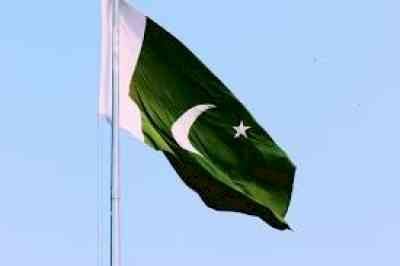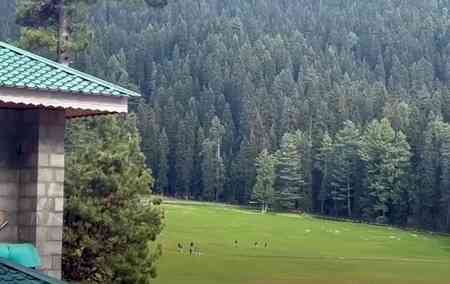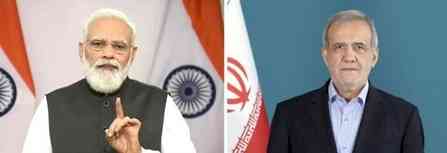Pak concedes to China's demand for revolving bank account
Pakistan has caved in to Chinas demand for opening a revolving bank account that would partially save Chinese power plants from circular debt, but it may cause concern among officials of the International Monetary Fund (IMF), according to a media report.

Islamabad, Dec 6 (IANS) Pakistan has caved in to Chinas demand for opening a revolving bank account that would partially save Chinese power plants from circular debt, but it may cause concern among officials of the International Monetary Fund (IMF), according to a media report.
It also allowed import of 580,000 tonnes of wheat at a price of $372 per tonne, excluding the incidental and transportation charges, which would cost the national exchequer a minimum of $216 million, Express Tribune reported.
Wheat import will cost a total of $224 million after including the incidental charges.
The decisions were taken by the Economic Coordination Committee (ECC) of the cabinet that stamped a second government-to-government wheat contract with a Russian state-owned supplier. Finance Minister Ishaq Dar chaired the ECC meeting.
"The ECC approved a proposal of the finance ministry to change the title of the revolving fund account for CPEC independent power producers (IPPs) from Pakistan Energy Revolving Fund to Pakistan Energy Revolving Account," said a statement issued by the Ministry of Finance.
The Finance Ministry informed the ECC that the title of the fund had been reviewed to bring it in conformity with the original CPEC agreement dated November 8, 2014.
Pakistan took eight years to implement the important clause and the delay not only caused friction in relations with China, but also led to over $1 billion being stuck in arrears for Chinese companies, Express Tribune reported.
However, the move may irritate the IMF that on the insistence of its largest shareholder - the United States - is pressing Pakistan against giving any preferential treatment to the Chinese companies. But having good relations with China has once again become critical after the government has not been able to satisfy the IMF.
The delay in the start of ninth review talks with the IMF has again triggered a debate on the possibility of default, which Dar has strongly denied.


 IANS
IANS 










